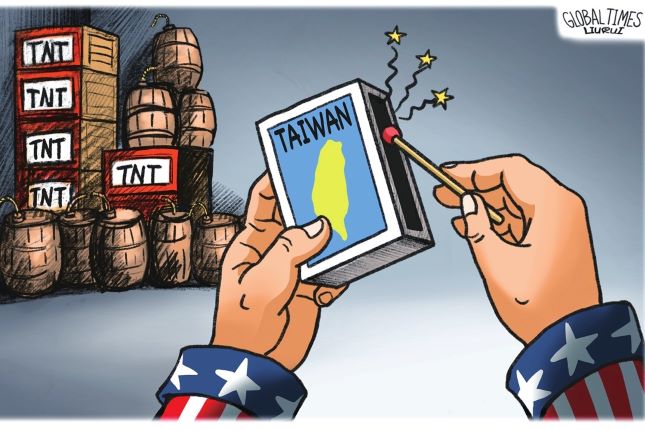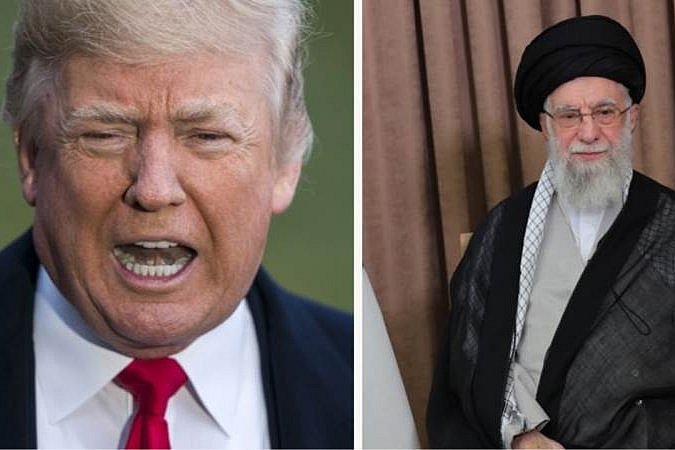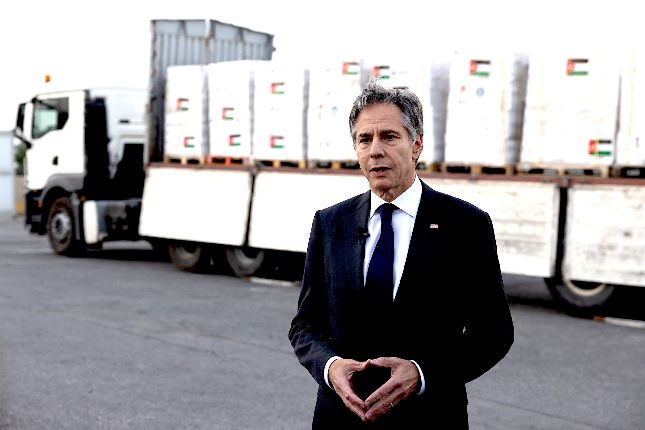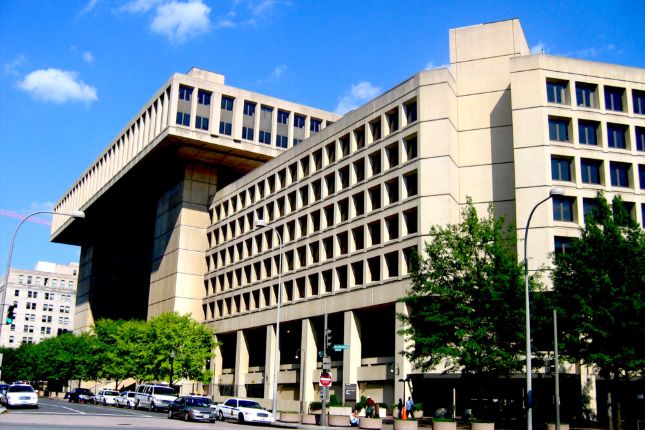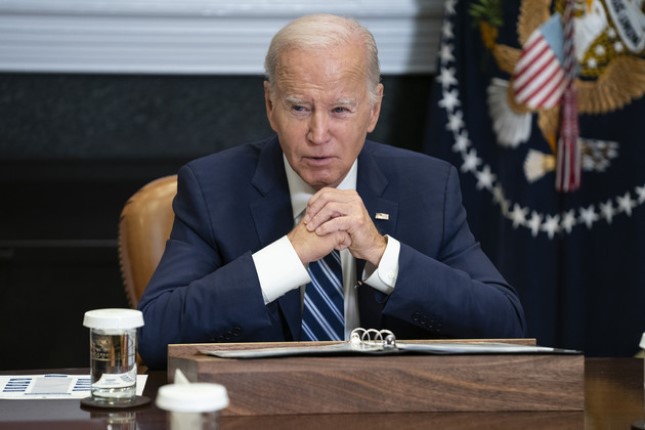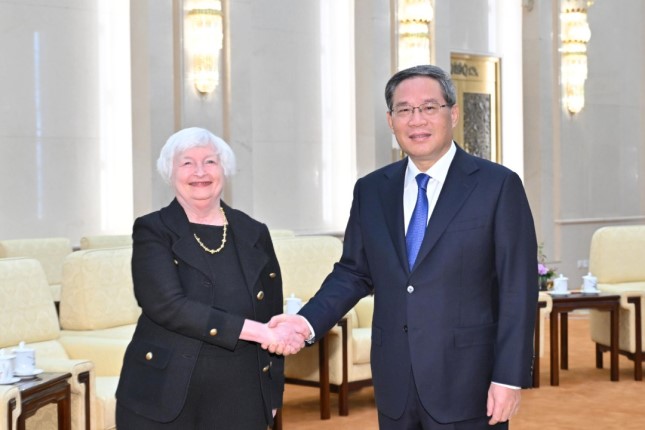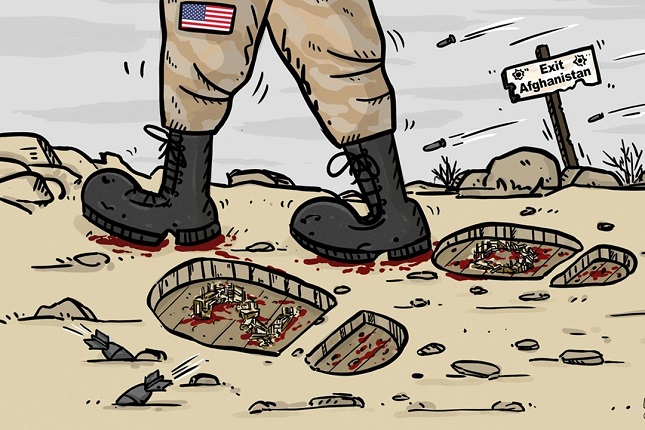The "initiative," in the disguise of so-called trade and economic cooperation, acts as a US tool to rip off the Chinese island, experts warned.
During the second round of talks held in Washington from August 14-18, the two sides exchanged views on proposed texts covering agriculture, labor and the environment. The conversations were "productive" and officials will continue to hold discussions in the coming months in order to reach a consensus, according to a press release from the Office of the US Trade Representative (USTR).
Chinese mainland experts castigated the "initiative" and the negotiations, saying they are just serving the US' own interests and exhausting the Taiwan region. Moreover, they have proved to be a setback for the recently thawing China-US relationship.
Earlier this month, US President Joe Biden signed into law the US-Taiwan Initiative on 21st-Century Trade First Agreement Implementation Act. The US and the secessionist Democratic Progressive Party (DPP) authorities on Taiwan island signed an initial agreement under the "initiative" with more talks scheduled to begin in August 2022.
The first stage of the agreement does not cover tariff reductions or exemptions, but span customs and trade facilitation, regulatory practices, regulation of services, anti-corruption practices, and small and medium-sized enterprises, according to Taiwan-based media.
Zhang Wensheng, deputy dean of the Taiwan Research Institute at Xiamen University, told the Global Times on Sunday that the "initiative" does not cover key trade content such as tariffs or market access, revealing the essence of the agreement as being "more of a political play."
Despite the second round of negotiations touching on cooperation in areas like agriculture, the US has an overwhelming export edge over Taiwan region. "If free trade is implemented in the agricultural industry and other fields later, it will devastate Taiwan's economy, harming the interests of residents on the island," Zhang noted.
In 2022, the total value of US agricultural and related products exported to Taiwan reached a record $4.4 billion, up 13 percent year-on-year. The top five US export categories to Taiwan island are soybeans, beef, wheat, poultry and corn, according to the USTR website.
In comparison, Taiwan's agricultural exports to the US came in at merely $916 million in 2022.
Since Tsai Ing-wen, the Taiwan regional leader, announced in August 2020 the lifting of a ban on imports of US pork containing the growth and leanness agent ractopamine, there have been continuous protests organized by the people on the island against the decision. The opposition Kuomintang (KMT) Party has launched various anti-ractopamine moves.
Analysts said the possibility of more cases like the ractopamine-contaminated pork cannot be excluded under the agreement of the "initiative," given that the US has an upper hand in the negotiations.
Li Haidong, a professor at China Foreign Affairs University, told the Global Times on Sunday that the "initiative," in the disguise of economic and trade cooperation, is actually exploiting resources in Taiwan to better serve the US' interests.
Washington' external economic policy has always been featured with a fact that only the US that can take advantage of other economies instead of the other way around, Li noted.
"Riding on the US chariot, the Taiwan region will find no blessing from the 'initiative'. On the contrary, its economic autonomy and industrial structure may be sabotaged," Li said.
According to Li, the fragile trade bond of the US and Taiwan under the "initiative" is more like a placebo for the DPP authorities on the island.
The Chinese Foreign Ministry has repeatedly emphasized that China strongly opposes official interactions of any form, between China's Taiwan region and countries that have diplomatic relations with China. That includes negotiating or signing any agreement that implies sovereignty and has an official nature.
The US government deliberately pushed forward negotiations with the DPP authorities on the so-called "Initiative on 21st Century Trade" and signed the agreement. It gravely violates the one-China principle and the three China-US joint communiqués, and contravenes the US' own commitment of maintaining only unofficial relations with Taiwan, Foreign Ministry spokesperson Mao Ning said in a briefing in early June, calling the "initiative" the latest example of the US trying to fudge and hollow out the one-China principle.
Illustration:Liu Rui/GT
Source: The Global Times.
